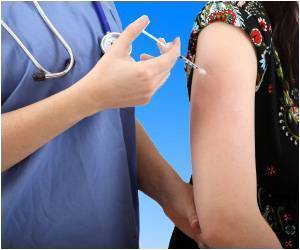Signs and Symptoms, Diagnosis and Treatment of Vulvar Cancer
Itching at the vulva that doesn’t go away may be a symptom of Vulvar cancer. Vulvar cancer may cause a lump or a sore at the vulva.
Signs and Symptoms
Signs and Symptoms of Vulvar cancer include:
- Persistent itching of the vulva
- Pain and tenderness
- Bleeding (other than menstrual bleed)
- Skin changes such as thickening or change in colour
- A lump or a sore (ulcer) at the vulva
Having any of these symptoms or signs warrants a consultation with your doctor.
Diagnosis
A physical examination is performed by the doctor to examine the vulva. For getting a better view, the doctor may perform colposcopy. Here, he uses a special magnifying device to look at your vulva, vagina and the cervix.
A sample of tissue (biopsy) may be taken for tests. Based on the size and extent of the cancer, it may be classified into one of four stages.
To identify if the cancer has spread (metastasized) to other regions, imaging modalities such as X-ray, computerized tomography (CT), magnetic resonance imaging (MRI) and positron emission tomography (PET) may be used.
Treatment
Treatment is based on the type and stage of your cancer.
Surgery may be done to remove the cancer. The extent of surgery depends on the stage of the cancer.
A wide local excision or radical excision, involves removing the cancer and a small amount of normal tissue that surrounds it. A portion of the vulva is removed, along with its underlying tissues in partial vulvectomy. In some cases, the entire vulva, including the clitoris and underlying tissues is removed. This is termed radical vulvectomy.
Advanced stages of the cancer may require extensive surgical procedures like pelvic exenteration. Reconstructive surgery is often required following surgery of the vulva; skin grafts may be used for this purpose.
Radiation therapy and chemotherapy may be employed when appropriate. Follow-up tests are a must since there are chances for the cancer to return even after complete treatment.






